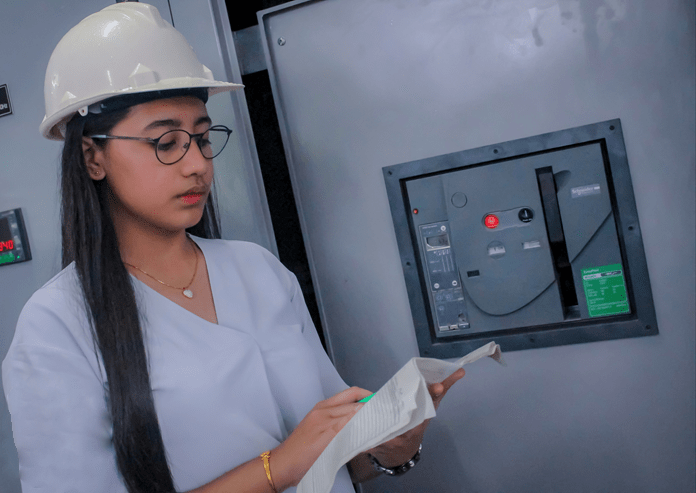Bachelor of Science in Electrical Engineering Program

About BS Electrical Engineering
Electrical Engineering program banks on the implementation of learner-centered education highlighting the study and use of technology and applied sciences concerning electrical occurrence. The program enriches the breadth of knowledge of Mathematics, physical sciences, and information technology, and other allied sciences that advances learners to grasp basic theory and concepts.
This leads to the process of conceptualization to the utilization of electrical energy having societal and environmental benefits. With the advent of technology, learners will be provided with laboratory experiences in maneuvering tools and equipment furthering even more their familiarity of the profession. The program aims to harness the potential of learners to meet the local and global standards in the field of electrical engineering.
Program Educational Objectives
- Graduates of electrical engineering program will have the technical skills and professional qualifications to become competent engineers who can support the industry, academe, or government.
- Graduates of electrical engineering program will be collaborators and innovators in the field, leading or participating in efforts to address social, technical, ethical and business challenges.
- Graduates of electrical engineering program will be engaged in life-long learning and professional development.
Student Outcomes
Graduates of the Bachelor of Science in Electrical Engineering program are expected to demonstrate:
- An ability to apply knowledge of mathematics, science, and engineering;
- An ability to design and conduct experiments, as well as to analyze and interpret data;
- An ability to design a system, component, or process to meet desired needs within realistic constraints such as economic, environmental, social, political, ethical, health and safety, manufacturability, and sustainability;
- An ability to function on multi-disciplinary teams;
- An ability to identify, formulate, and solve engineering problems;
- An understanding of professional and ethical responsibility;
- An ability to communicate effectively;
- The broad education necessary to understand the impact of engineering solutions in a global, economic, environmental, and societal context;
- A recognition of the need for, and an ability to engage in life-long learning;
- A knowledge of contemporary issues;
- An ability to use the techniques, skills and modern engineering tools necessary for engineering practice; and
- Knowledge and understanding of engineering and management principles as a member and leader in a team, to manage projects and in multidisciplinary environments.

